Jun Jin
I am an assistant professor in the ECE department at the University of Alberta and a Fellow of Alberta Machine Intelligence Institute (Amii). Generally, I am interested in Robotics and Machine Learning research. Specifically, I focus on topics in robotic reinforcement learning which intersects with embodied artificial intelligence, the theory of predictive coding, continual learning and open-ended learning agents. In applied research, I am starting projects in AI for construction (optimal and multi-modal construction planning agents, robotics for infrastructure maintenance) and healthcare robotics.
Email: 
Office: 11-365 Donadeo ICE building, 9211-116 St, Edmonton, AB, T6G 2H5
News
- Our group is hiring! Check our lab posting.
- We started our HCA Reading Club. Click Home page, and scroll down for more details.
- July, 2024: Dr. Jun Jin gave a talk at Keio University. Thanks to Prof. Shingo Murata
- July, 2024: Dr. Jun Jin was invited to visit the International Research Center for Neurointelligence (IRCN) at the University of Tokyo. Thanks to Prof. Yukie Nagai.
- May, 2024: Dr. Jun Jin gave a talk at Amii Upper Bound 2024.
- Apr, 2024: Dr. Jun Jin gave talks in the Robotics Seminar at SFU School of Engineering Science, and in the Visual Computing & Robotics Group at the SFU School of Computing Science.
- Dr. Jun Jin is selected as an Amii Fellow!
- Real-world robotic RL paper is selected as Outstanding Student Paper Award Finalist at ICRA 2022 from all submission tracks!
My research roadmap

My long-term goal is to discover first-principle learning priors to develop scalable learning architectures and algorithms to make robots (agents) agile to move, easier to program,
and human-aware to interact with, which in all compose my vision for the future of Robotics and Artificial Intelligence: Human-Centered Autonomy. I am mostly facinated
by the idea of building an agent model that is embodied and embedded in the environment, which means internally, the agent learns
extendable emobodied skills from its past experience, and externally, the agent model has interface to enable it embedded in the environment.
In a layman's languange, I aim to build an agent model
that can easily adapt its learned skills to new tasks and new environmental dynamics, that can be easily re-programmed by human, and that that is human-aware to interact with. Check more details of this research roadmap here.
In applied research, I am starting projects in AI for construction (data-driven operational optimization, infrastructure robotics), and health-care robotics. I welcome students from
a Civil Engineering or Biomedical Engineering background in the University of Alberta to work with me.
My research philosophy
(1) Scientific discovery: a revised "Bitter Lesson" for robotics.
I am a believer in most parts of "The Bitter Lesson" written by Dr. Rich Sutton, but robotics research has its own characteristics
that are different from a general agent definition like in Atari games, which are (1) Data is more costly, and (2) Human is an important factor! I believe we should bake in
some "smart" learning architectures and algorithms in somewhere middle, as depicted in the diagram below, to address the two challenges. Therefore, finding first-principle learning priors in a data-driven approach becomes important!

(2) Social impact: take a BROADER view, it's not only full-autonomy!
Tavakoli et al. 2020 provide a holistic view of robotic applications categorized by how much task uncertainty that the robot deals with.
It clearly shows that the social impact of robotics can be much broader than researches only consider full-autonomy, which is what most of our peer researchers in robot learning are working on.

I propose to take a broader view, to move from
only full-autonomy to human-centered autonomy, which will help us shape the future of robotics research towards building a world with robots by human side, providing every help as best depicted in the ICRA 2015 poster above.
Publications
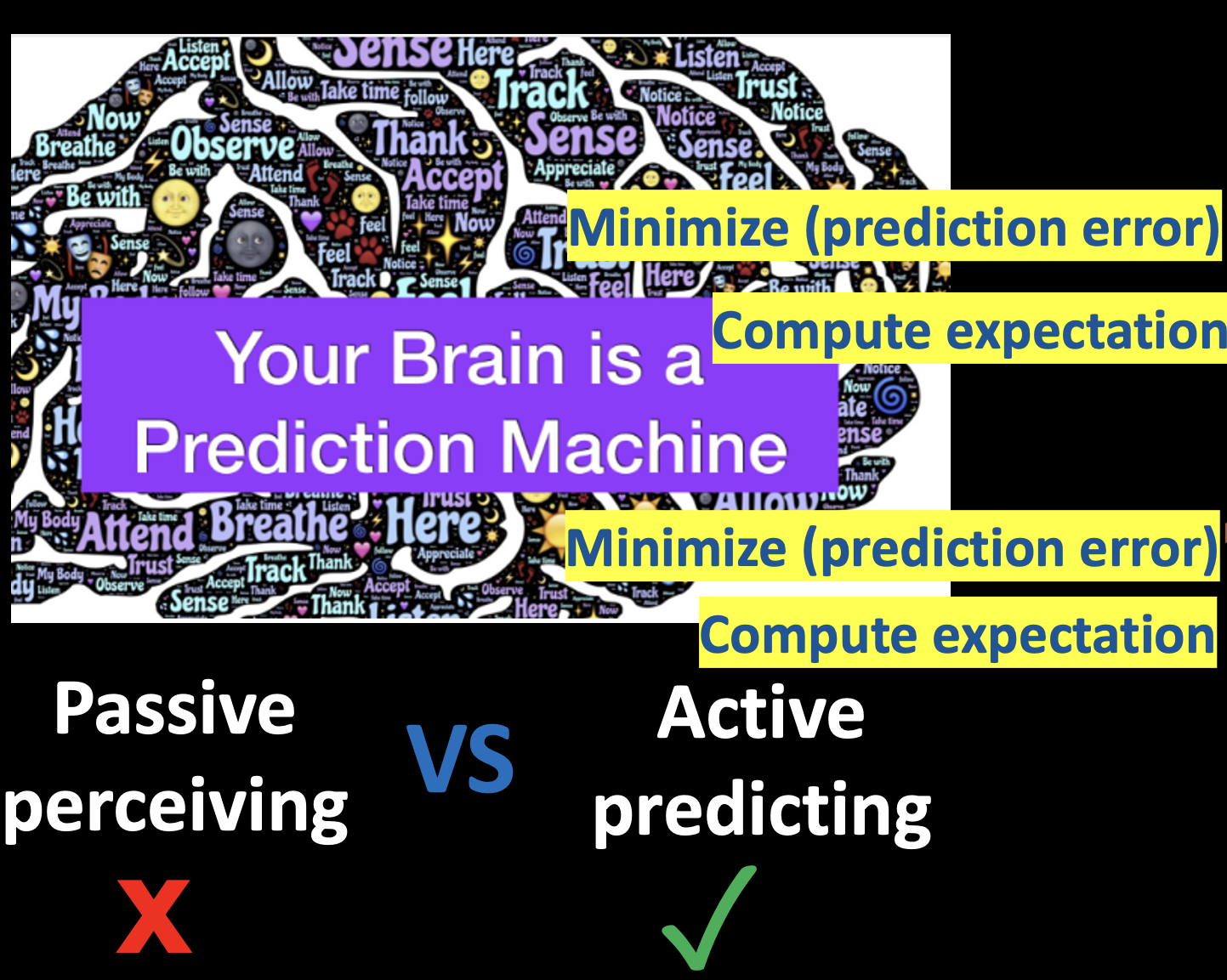
J. Jin, D. Graves, C. Haigh, J. Luo, and M. Jagersand


J. Jin, N. M. Nguyen, N. Sakib, D. Graves, H. Yao, and M. Jagersand
Projecting on predictive prototypes enables a better open-ended learning agent.
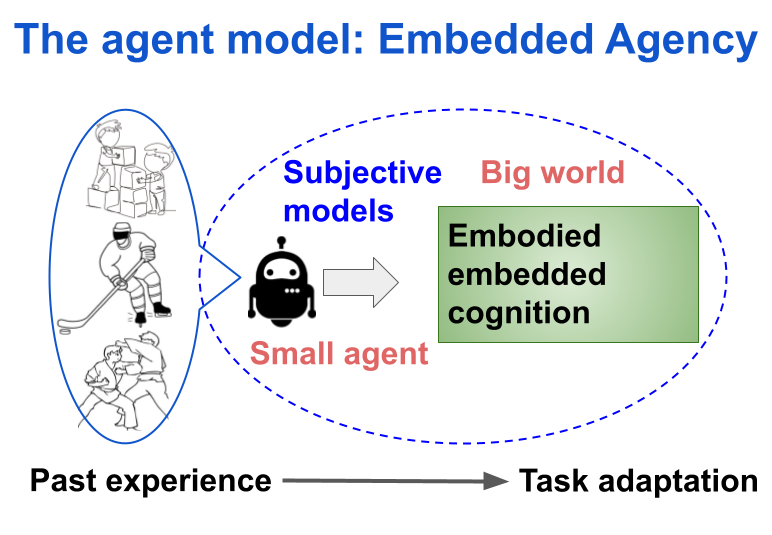
J. Jin, H. Zhang, and J. Luo
Except for semantic task structure, geometric task structures can be more powerful!
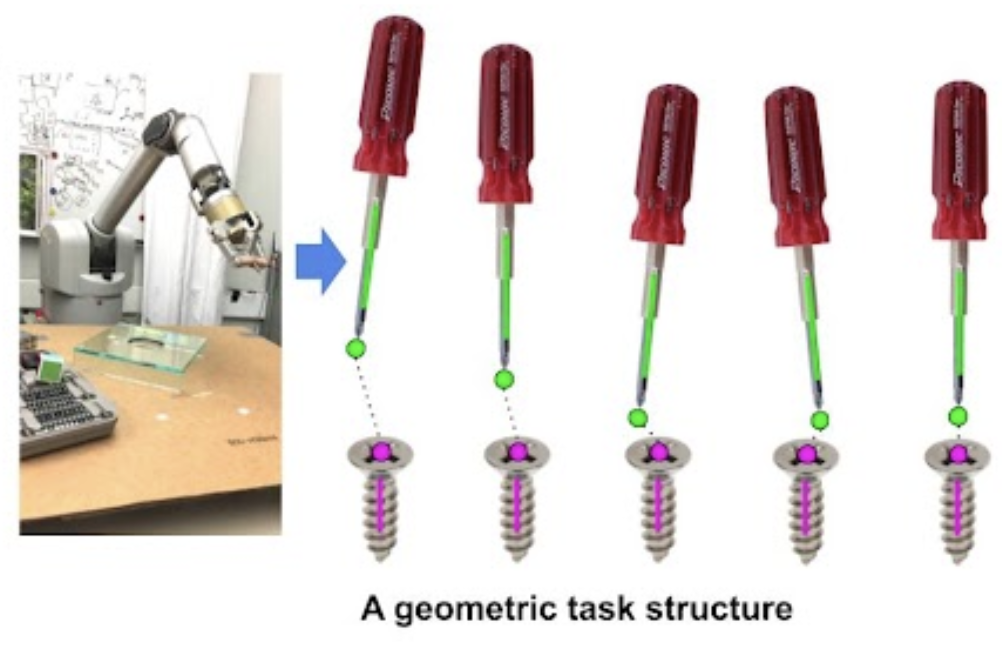
J. Jin and M. Jagersand
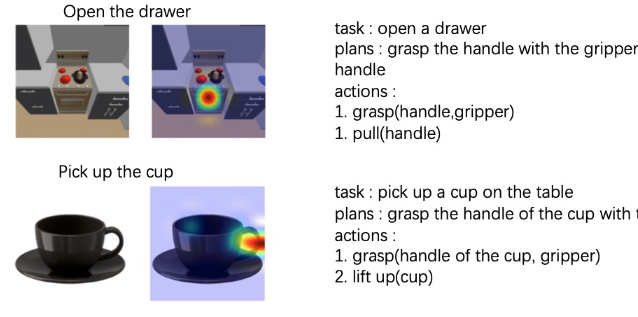
Y. Mu, Q. Zhang, M. Hu, W. Wang, M. Ding, J. Jin, B. Wang, J. Dai, Y. Qiao, and P. Luo
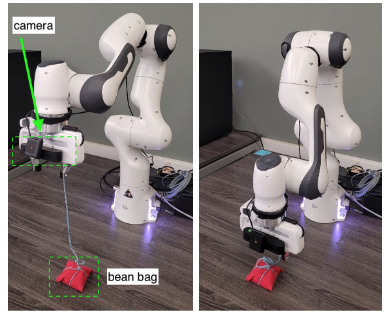
A. Karimi, J. Jin, J. Luo, A. R. Mahmood, M. Jagersand, and S. Tosatto
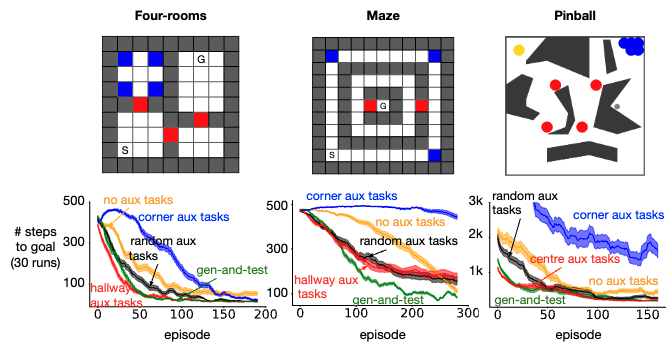
B. Rafiee, S. Ghiassian, J. Jin, R. Sutton, J. Luo, and A. White
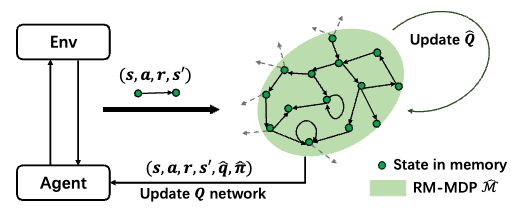
H. Zhang, C. Xiao, H. Wang, J. Jin, B. Xu, and M. Muller

J. Jin, D. Graves, C. Haigh, J. Luo, and M. Jagersand
Oustanding Student Paper Award Finalist
** ICRA selects only 1 outstanding paper from 3 finalists among all submission tracks.
Paper

J. Jin and M. Jagersand
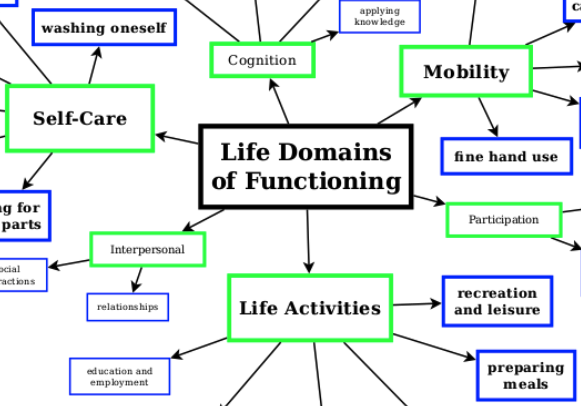
L. Petrich, J. Jin, M. Dehghan, and M. Jagersand

J. Jin, H. Zhang, and J. Luo
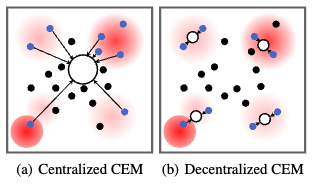
Z. Zhang, J. Jin, M. Jagersand, J. Luo, and D. Schuurmans
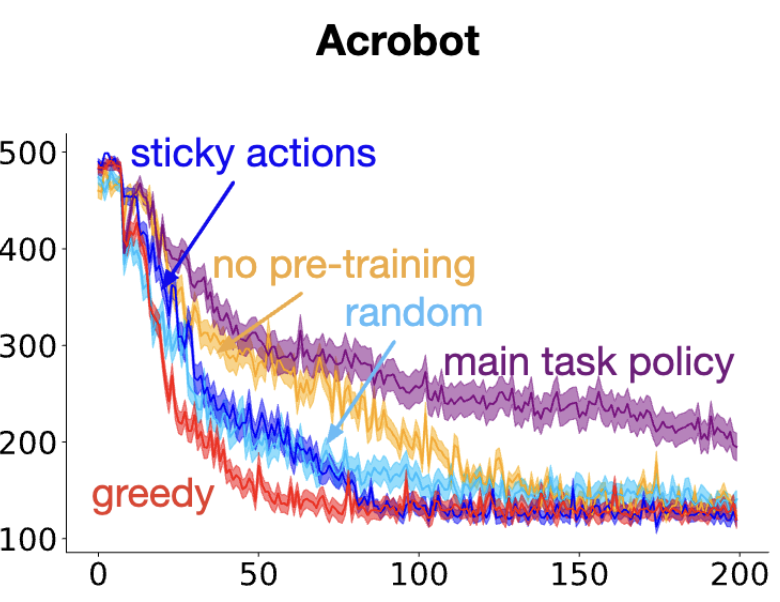
B. Rafiee, J. Jin, J. Luo, and A. White
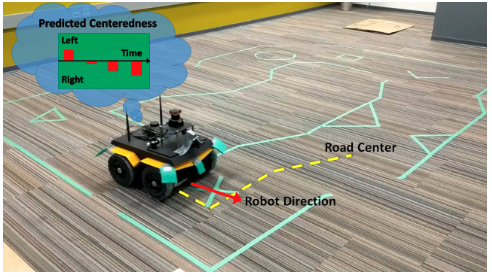
D. Graves, N. M. Nguyen, K. Hassanzadeh, J. Jin, and J. Luo
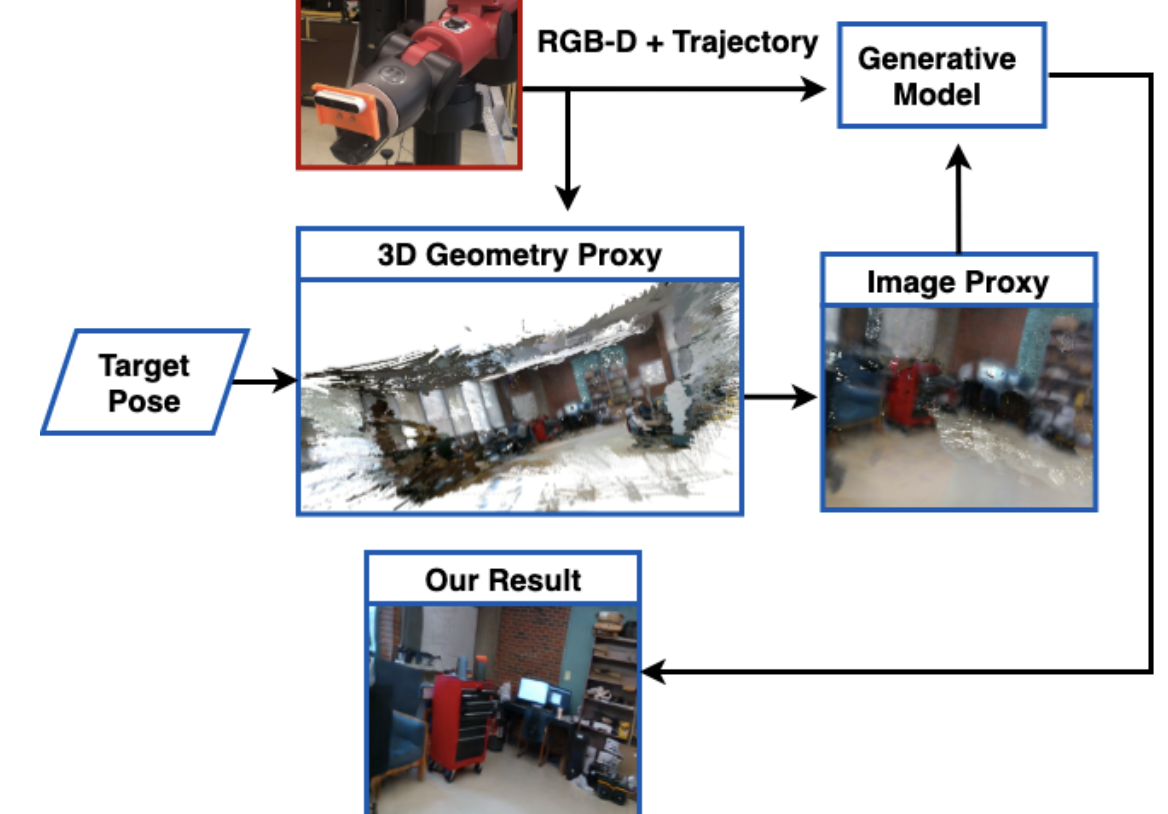
B. Xie, M. Han, J. Jin, M. Barczyk, and M. Jagersand

J. Jin, N. M. Nguyen, N. Sakib, D. Graves, H. Yao, and M. Jagersand
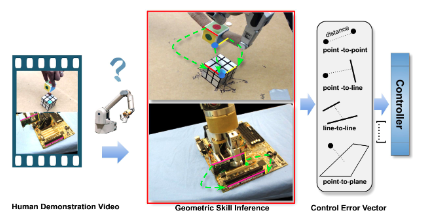
J. Jin, L. Petrich, M. Dehghan, and M. Jagersand
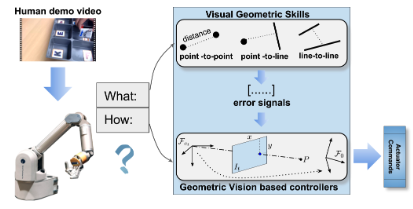
J. Jin, L. Petrich, Z. Zhang, M. Dehghan, and M. Jagersand
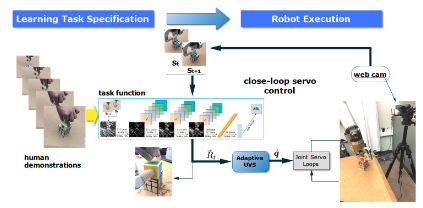
J. Jin, L. Petrich, Z. Zhang, M. Dehghan, and M. Jagersand
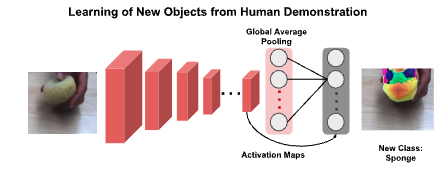
M. Dehghan, Z. Zhang, M. Siam, J. Jin, L. Petrich, and M. Jagersand
X. Qin, S. He, Z. Zhang, M. Dehghan, J. Jin, and M. Jagersand
HCA Reading Club - Share, Learn, and Improve

Our HCA Lab organizes a weekly reading group. We focus on both presenting tutorials for machine learning/robotics beginners, and sharing frontier robotics research papers.
We meet virtually every Mon 11am~12pm except for holidays for the fall term 2024 schedule. Everyone is welcome to join. Contact  if you have an interest.
if you have an interest.
Work with me
Thanks for your interest in working with me. I welcome students from all levels and international scholars to visit my lab. Please visit this page for more details.

